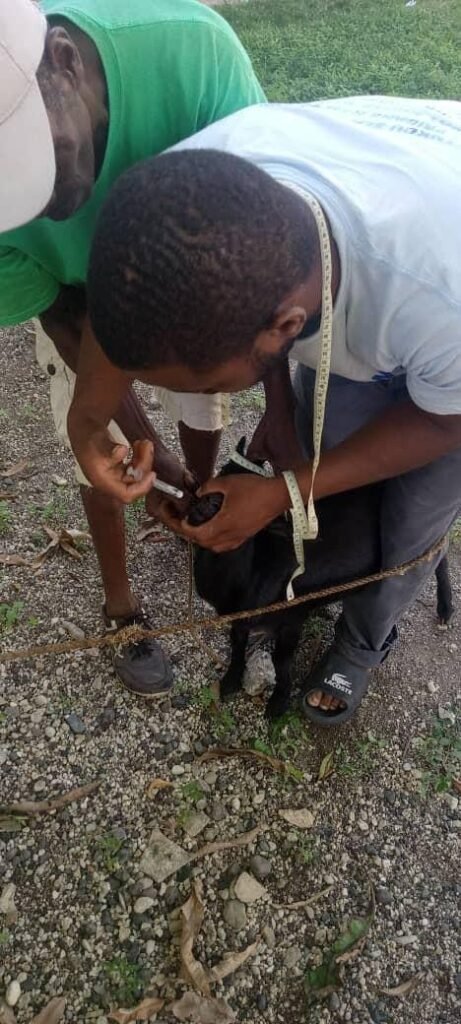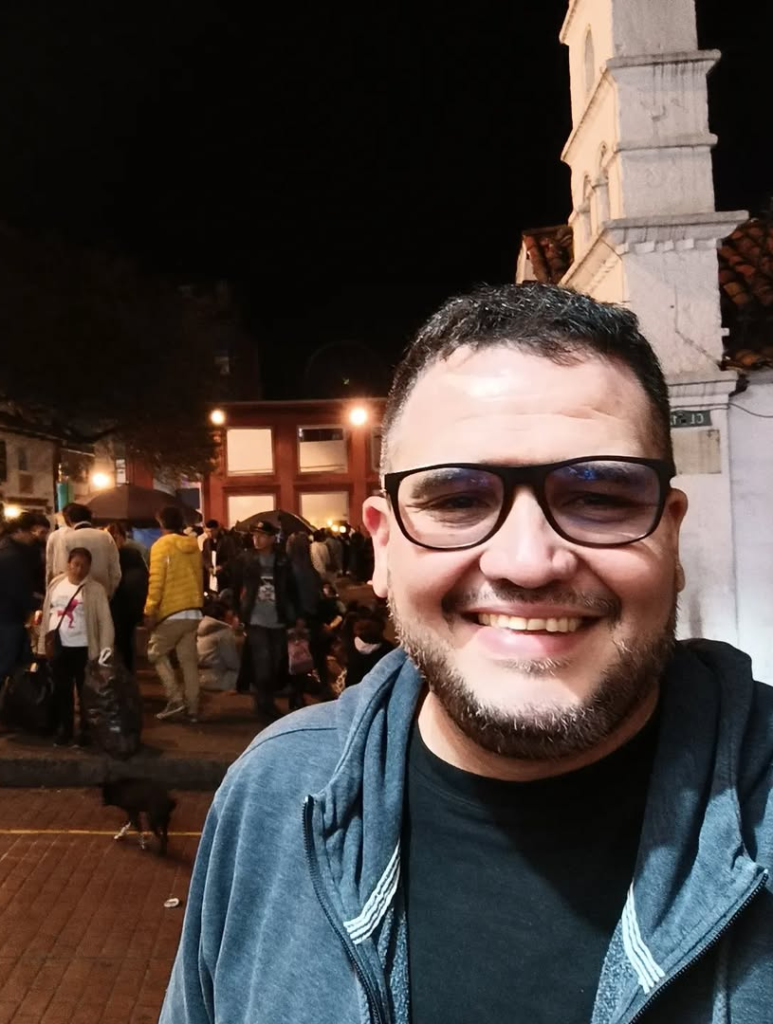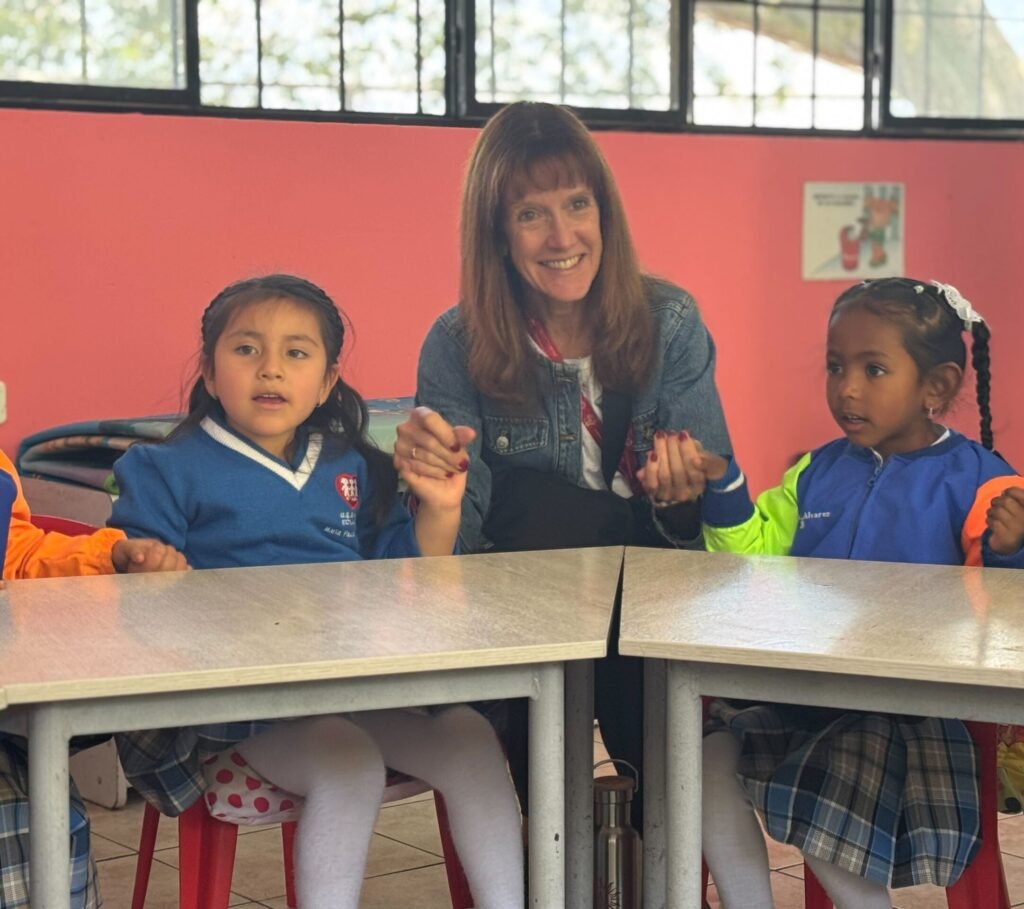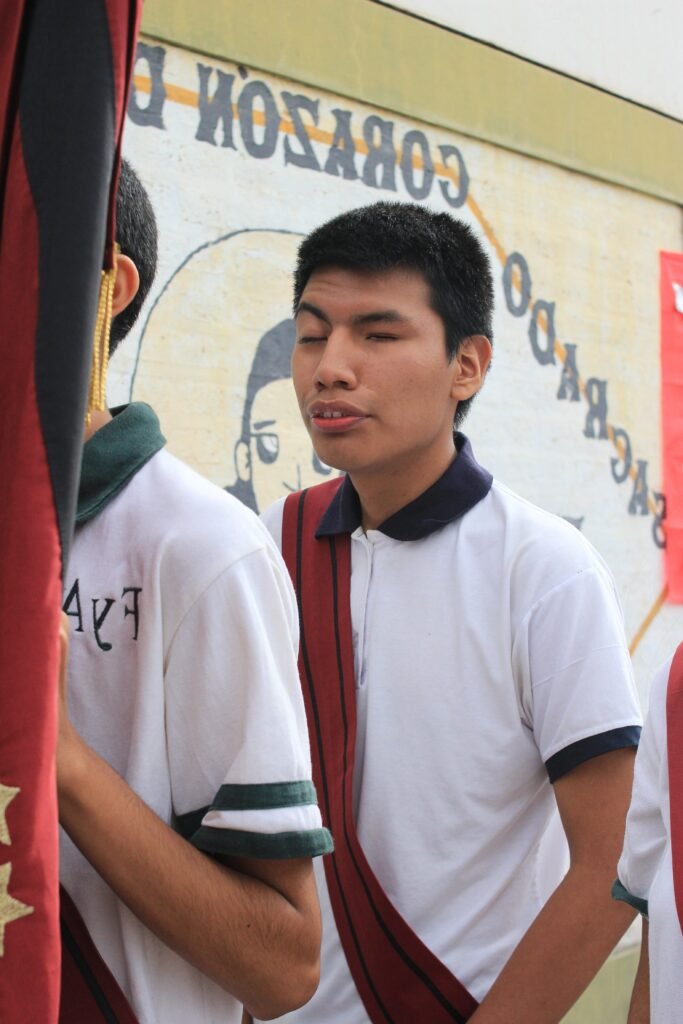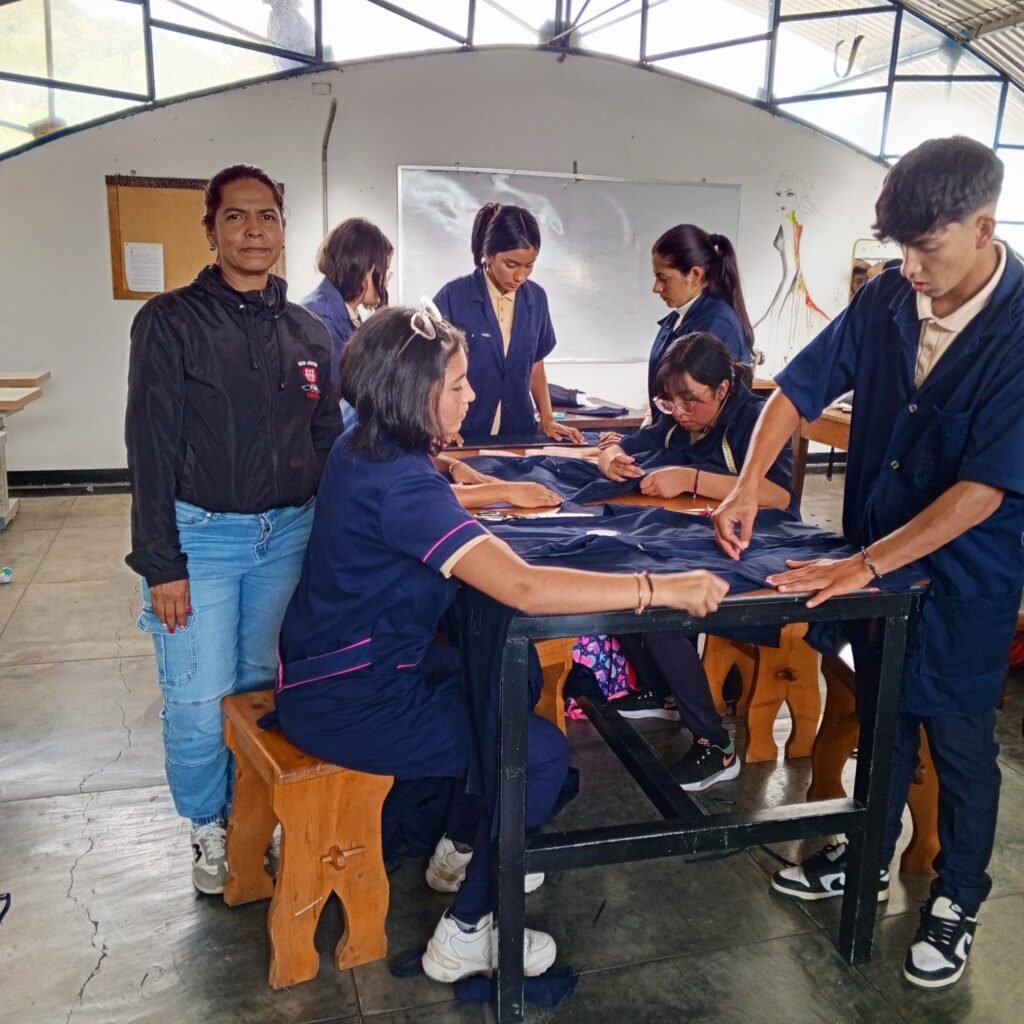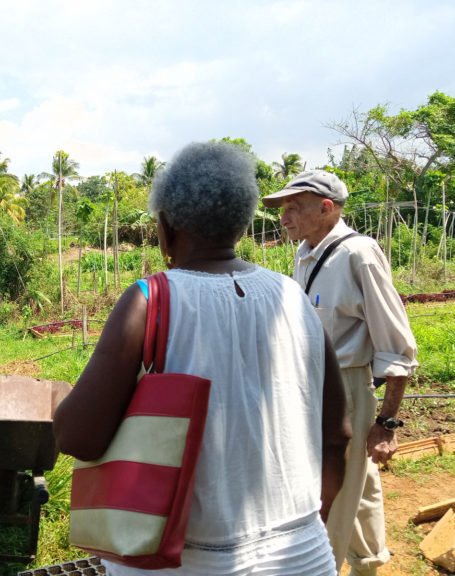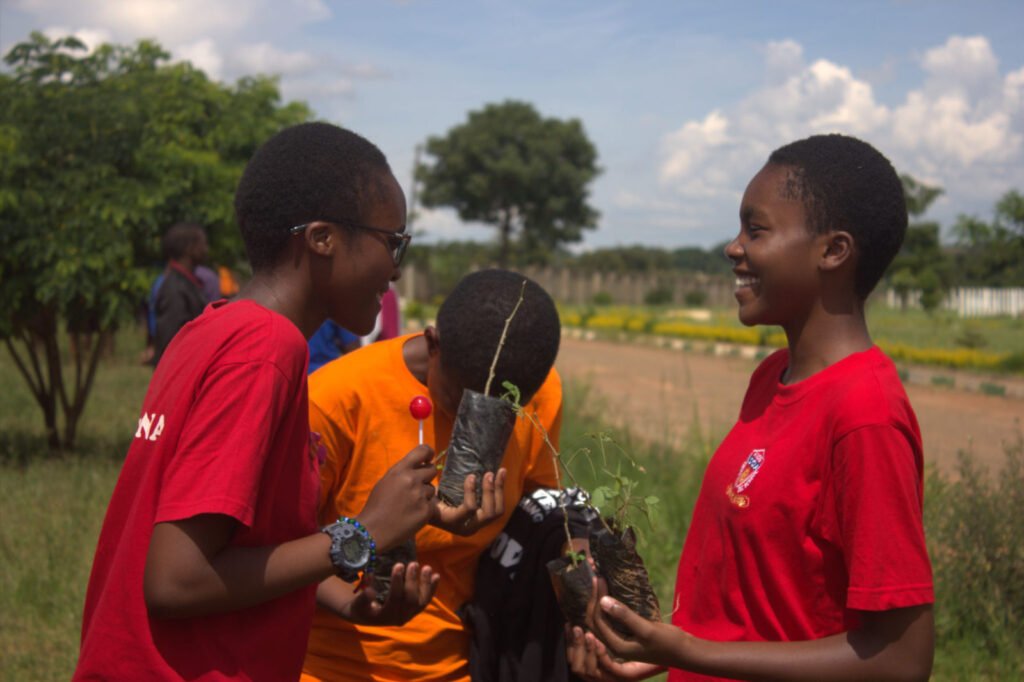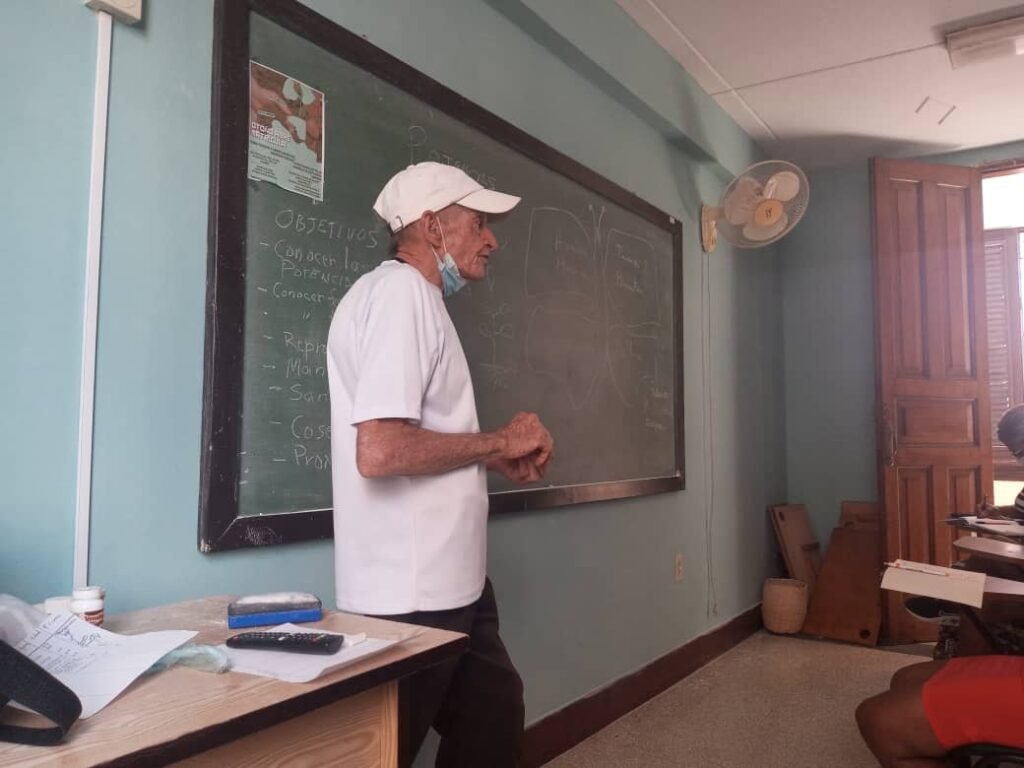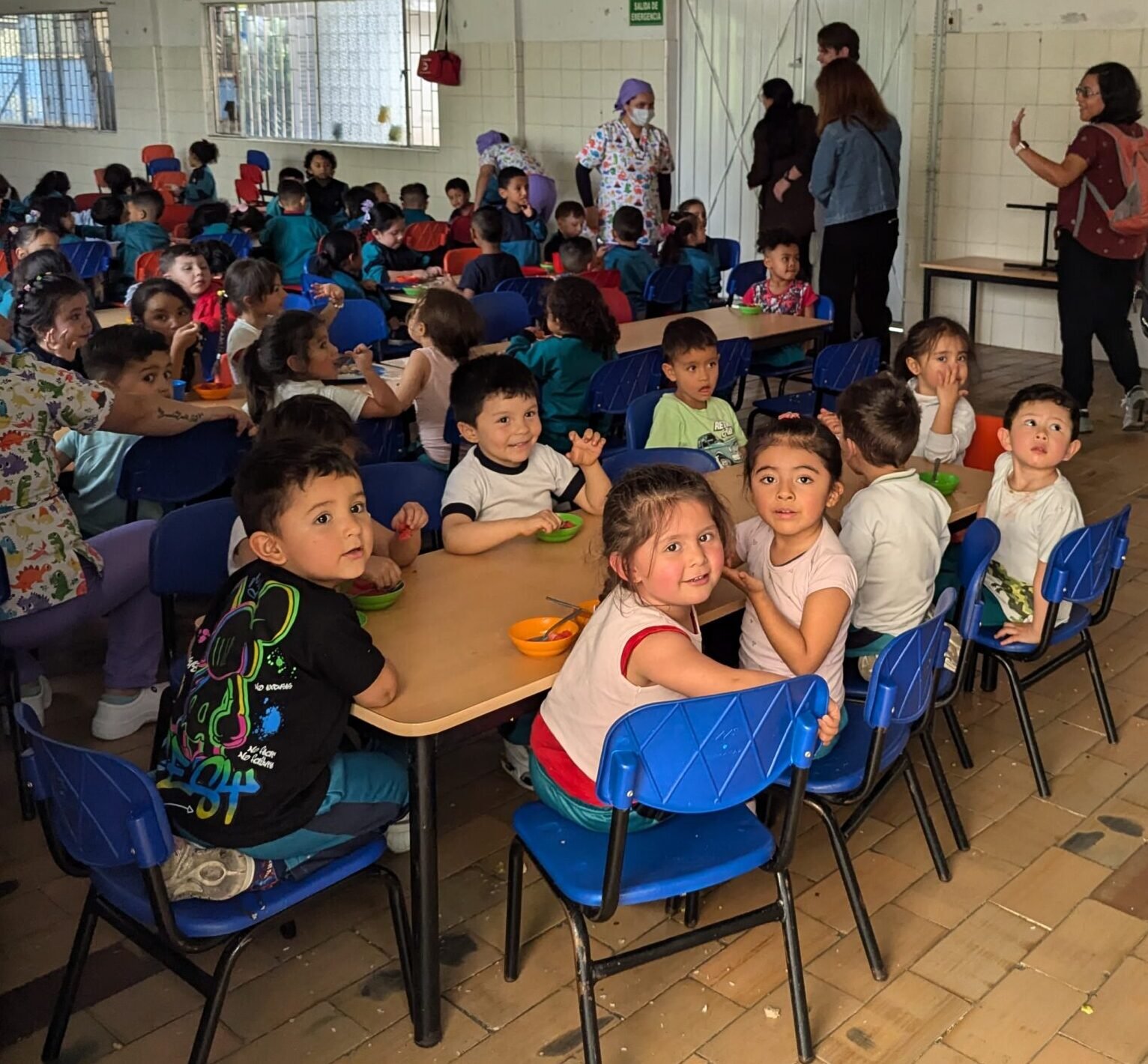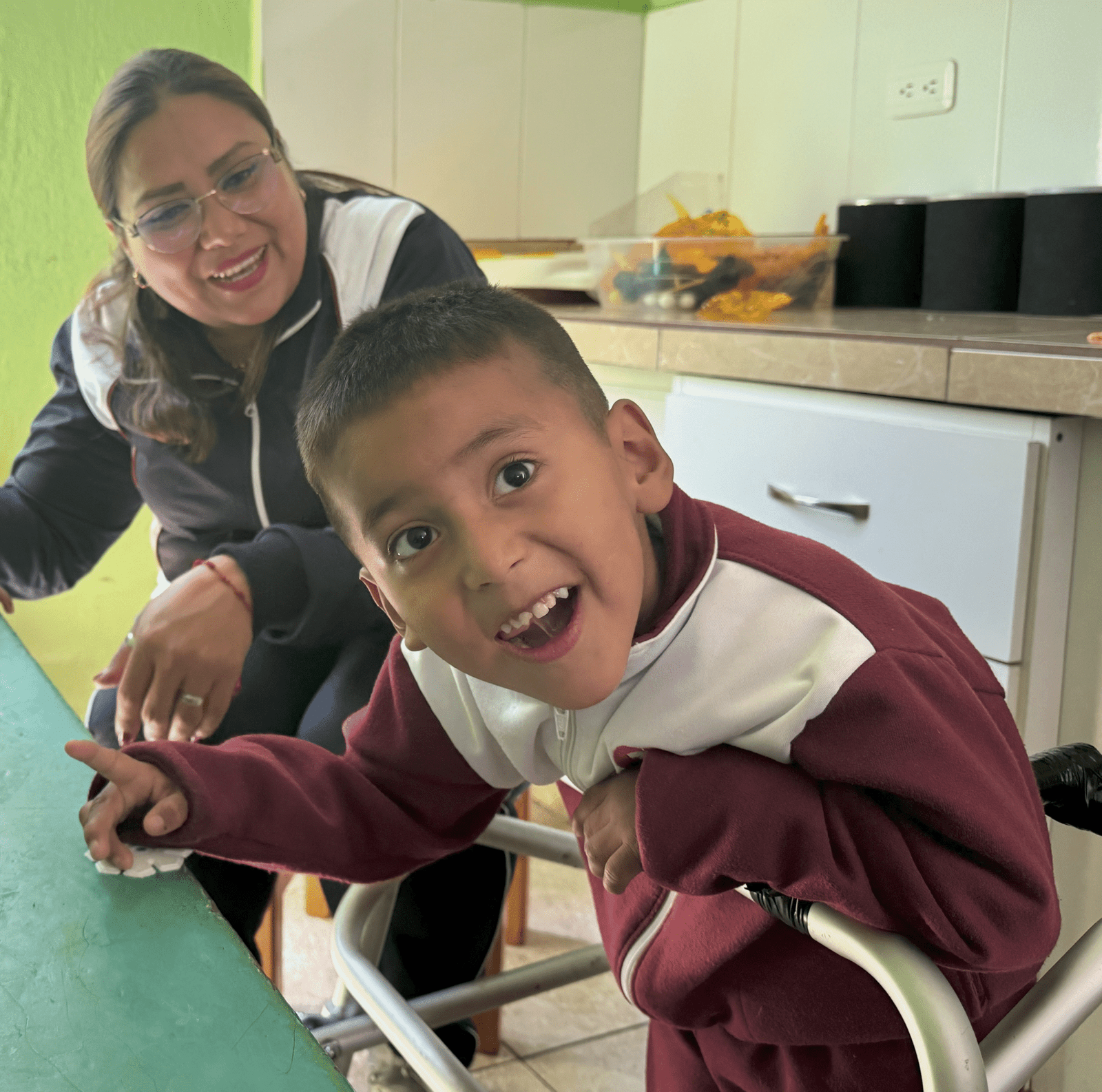Context
The rural communities of La Montagne and Arreguy in southeastern Haiti face deep poverty and systemic challenges. Border closures with the Dominican Republic and road blockades by armed gangs in Port-au-Prince have isolated these areas even further. An ongoing economic crisis, rampant inflation, and high unemployment make life incredibly difficult for local families.
In this context, many families cannot afford school fees. Even when they can, schools in Haiti often suffer from overcrowded classrooms, undertrained teachers, low salaries, and a lack of basic supplies—leaving students severely underserved. To put it simply, students face an uphill battle to access quality education in Haiti.
Foi et Joie Haiti (Fe y Alegría, in French), is committed to finding creative, impactful responses to this challenging situation. Despite the unfathomable difficulties facing students in Haiti, Foi et Joie continues to be a source of hope and promise. Currently, the network serves 5,000 students through its 16 educational centers which offer preschool, primary, and secondary education in Haiti. Over its 17 years of operation, Foi et Joie has developed a holistic approach to education by engaging teachers, students, families, and staff in collaborative efforts to build resilient educational communities.
In 2024, in partnership with American Jesuits International and with support from the Helen Brach Foundation, Foi et Joie launched a project to improve the livelihoods of 66 families in La Montagne and Arreguy, both rural communities located in southeastern Haiti. The initiative focuses on providing livestock, training in animal health and nutrition, and leadership development, enabling families to generate income while supporting their children’s education.
About Foi et Joie Haiti
Since 2006, Foi et Joie has worked to provide free, inclusive, and quality education in Haiti, with a focus on the most vulnerable communities. The network currently serves around 5,000 students across 16 educational centers in five departments, offering preschool, primary, and secondary education under a model of public education with social management.
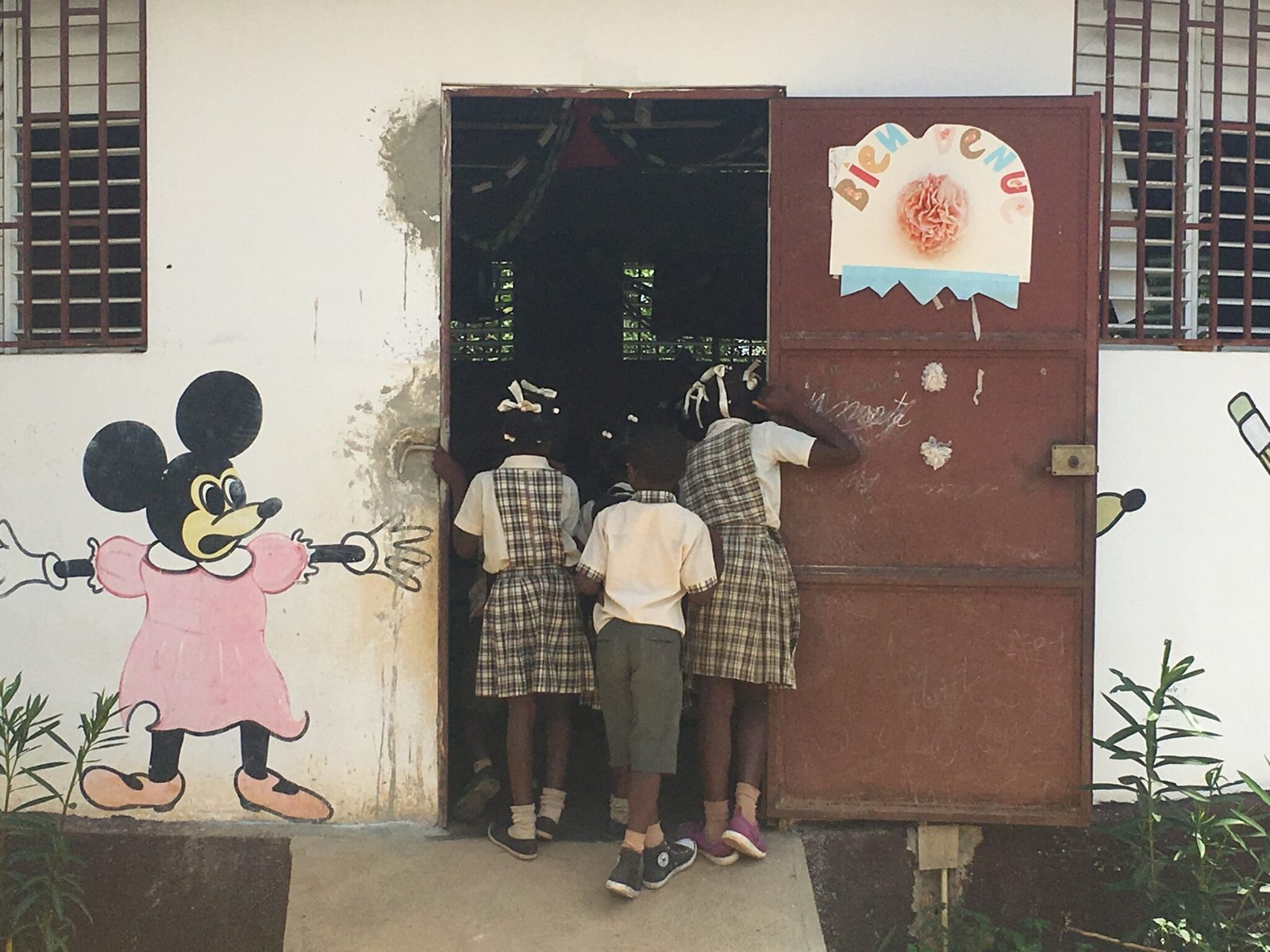
Since 2016, Foi et Joie has played a key role in improving the quality of education in southeast Haiti, beginning with the training of educators at La Montagne and Arreguy. In recent years, this work has expanded to public schools through the EDUKAYITI project and has begun addressing nutrition and food security as essential components of quality education.
With 19 years of experience, Foi et Joie has built strong partnerships with public and private institutions—including universities and the Spanish Agency for International Development Cooperation (AECID)—to support teacher training, school leadership, and curriculum innovation. Their work integrates gender inclusion, classroom management, and the development of creative, context-specific teaching materials.
Our Project
What does a goat have to do with keeping students in school? In rural southeastern Haiti, one goat can make all the difference. With support from American Jesuits International and the Helen Brach Foundation, Foi et Joie is helping families build sustainable sources of income by raising livestock. This economic stability helps keep children in school.
At first glance, it might seem like an indirect approach. But the first phase of this project showed that when families gain stability at home, their children are more likely to stay in school and succeed. Building on that success, the project is now expanding to reach 59 additional families. This next phase includes the distribution of essential veterinary kits and improved nutritional resources to promote healthy and sustainable livestock practices.
Objectives
This project supports Foi et Joie’s overarching mission: improving access to quality education in Haitian communities of La Montagne and Arreguy. To do that, the project promotes sustainable livelihoods for families of the most vulnerable students—helping ensure that economic hardship doesn’t force children to leave school.
The project focuses on two key areas:
- Livestock Training: Building the knowledge and skills of families in sustainable animal care, with a focus on goats.
- Entrepreneurship Development: Strengthening entrepreneurial skills within the school community to encourage viable local businesses.
Why Goats?
In Haiti, goats play a vital role in rural life. They are more than just livestock—they are a form of savings, a source of nutrition, and a key part of community resilience.
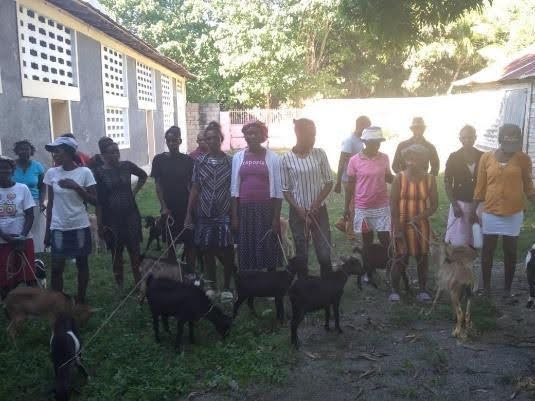
Culturally, goat meat is an important staple in Haitian cuisine, often prepared during celebrations, community gatherings, and holidays. Owning goats brings dignity and pride, especially in rural areas where livestock is a sign of self-reliance and economic security.
Economically, goats are accessible and practical. They reproduce quickly, require relatively low maintenance, and can thrive in Haiti’s rugged and often dry landscape—making them a reliable source of income and food for families living in poverty.
Environmentally, goats are well-suited to Haiti’s changing climate. Compared to other animals, they adapt better to drought and limited grazing land, making them a resilient option in the face of increasingly unpredictable weather.
By investing in goats, this project builds on local knowledge and practices, offering a culturally relevant and sustainable path toward educational access and community empowerment in southeastern Haiti.
How It Works
The project has two main components:
1. Livestock and Entrepreneurship Training
Forty families with children enrolled in the two educational centers in La Montagne and Arreguy will be selected to participate. They’ll receive training in sustainable goat farming, including breeding, care, and feeding. They will also learn how to design and manage small businesses that support their livestock activities. Vulnerable families will receive goats with the commitment to pass on future offspring to other households in the community. A committee, overseen by the directors of the educational centers, plays a key role in acquiring the goats. It also provides antibiotic kits to ensure the success of the livestock projects. This solidarity-based approach gradually expands the project’s impact.
2. School Council-Led Microfinance Initiatives
Each of the two school councils will gain access to a microfinance fund to support entrepreneurial initiatives that emerged during the project’s first phase. A local facilitator will be hired to guide the councils in launching income-generating projects. Funds will be distributed through the councils to support these new ventures. A monitoring framework will be developed and implemented to evaluate the results and measure impact.
Sister Carmelle
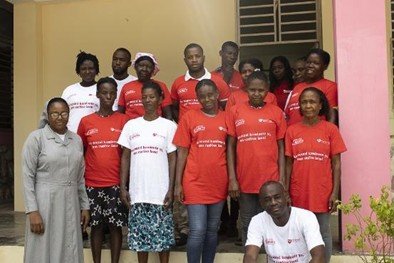
“Receiving a goat and training represents hope for the beneficiaries—the hope that the animal will reproduce, provide an income, and help meet multiple needs, especially their children’s school expenses.”
Sister Carmelle Martial,
School director in Arréguy
